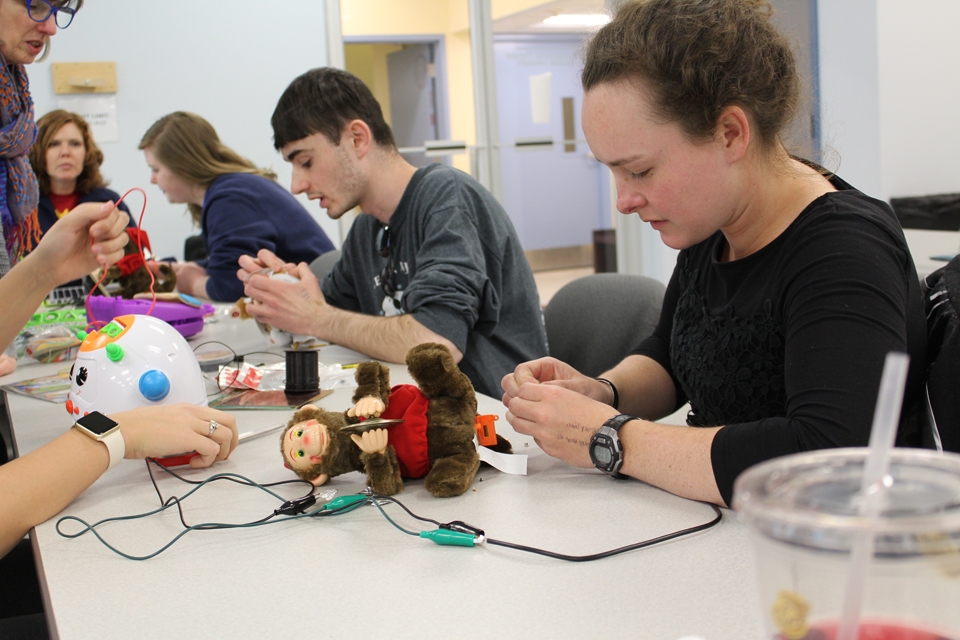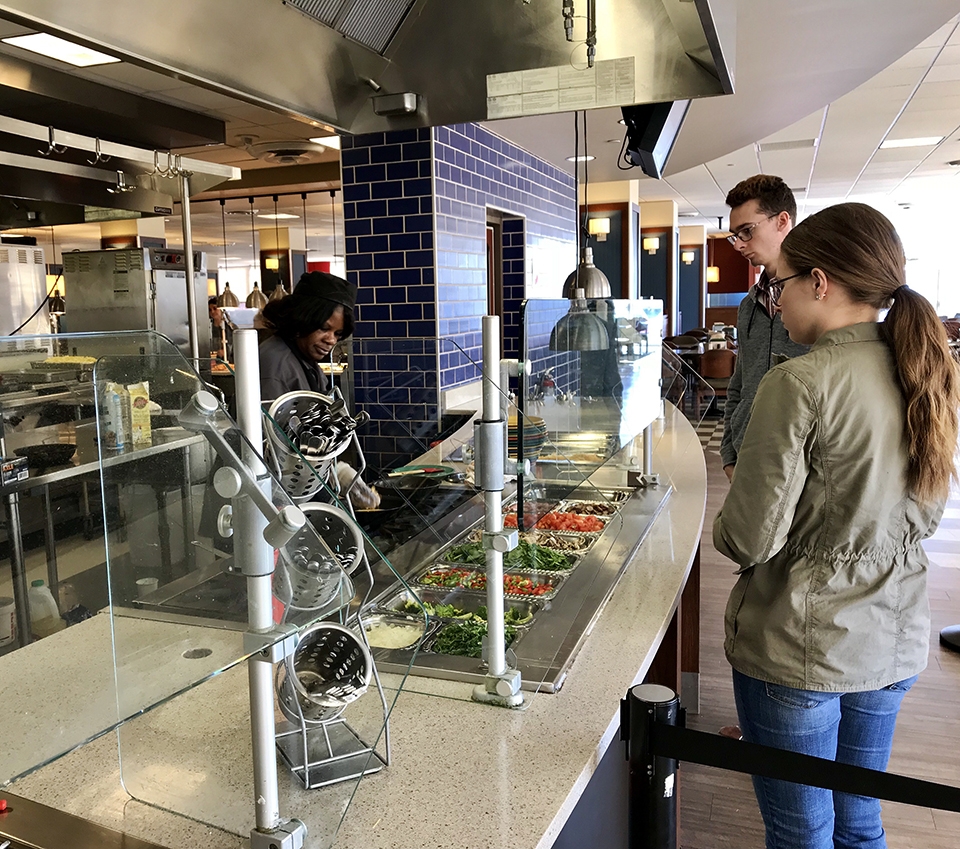10/25/2018
By Kelly Myer | Contributor
College students are one of the biggest crusaders of free speech. However, they are one of the demographics that most avidly censors their incoming information. Either online or in favor of trigger warnings and safe spaces, college students make sure to communicate that the First Amendment is only applicable when comfortable for them.
I was sitting in a political science course last semester when my professor proceeded to poll the class by a raise of hand whether they subscribe to or follow news outlets of the opposing ideology. When in a class of 60 almost no one raised their hand, my professor challenged left-leaning individuals of the class to read Fox News and right-leaning individuals of the class to read The New York Times. Snickers were made throughout the room. The idea of following — much less reading — articles posted on social media by the contrary biased news outlet was ridiculous to them.
There are many reasons why millennials struggle to give the time of day to the other side. For one, this unfortunate status quo is highly fostered by what many college students refer to as their main source of news: Facebook. This massive media corporation is an expert at communicating to users that the other opinion is not even worth seeing or reading. Facebook is known to cater a user’s news feed around their preferences, perpetuating already existing beliefs and hiding anything that challenges it. What does this do for users? It fosters extremism in them.
Why do I bring up social media in an article about free speech on college campuses? Because it is important to understand that many of the political conversations on college campuses are actually online. Social media ecosystems are generating comment-debates, share-wars and rant fests. When a majority of college students’ communication is on social media platforms such as Twitter and Facebook, conversations regarding free speech need to acknowledge how free speech is being treated online by users.
The reality is that college students censor. It is not uncommon for a user to unfriend someone because they don’t like their political rants popping up in their news feed. Facebook actually has a setting to make doing this easy. A user is able to unfollow a friend without unfriending that person. This allows the person’s posts, shares and likes to be omitted from a person’s news feed without having the awkwardness of unfriending a current friend.
Another signifier of favor toward censorship is college students’ insistence and defensiveness of trigger warnings and safe spaces. Greg Lukianoff and Jonathan Haidt, co-authors of Misguided Minds: How Three Bad Ideas Are Leading Young People, Universities, and Democracies Toward Failure, define trigger warnings in their article The Coddling of the American Mind in The Atlantic as “alerts that professors are expected to issue if something in a course might cause a strong emotional response.” Safe spaces are locations on campus for students to go to if they feel marginalized and wish to discuss with others like them.
Frank Furedi, author of Campuses are breaking apart into ‘safe spaces’ in the Los Angeles Times, points out that, “For some individuals, the attraction of a safe space is that it insulates them from not just hostility, but the views of people who are not like them.”
But this is problematic for open discourse and freedom of expression of all views. If the right to freedom of speech is truly protected, it must be given multilaterally. The opposing beliefs, whether they be the majority or minority, must receive the same rights to expression.
What does our previous president have to say about this? Rita Braver, author of “A War of Words on College Campuses” in CBS News, recounts when Barack Obama remarked to a crowd of young people, “‘I’ve heard some college campuses where they don’t want to have a guest speaker who, you know, is too conservative. Or they don’t want to read a book if it has language that is offensive to African Americans, or somehow sends a demeaning signal towards women … I don’t agree with that, that you as students at colleges have to be coddled and protected from different points of view.’”
What can be learned from this is that the world is full of diversity of thought, and whether that is offensive or not, college students need to learn skills to co-exist with these opposing beliefs.



